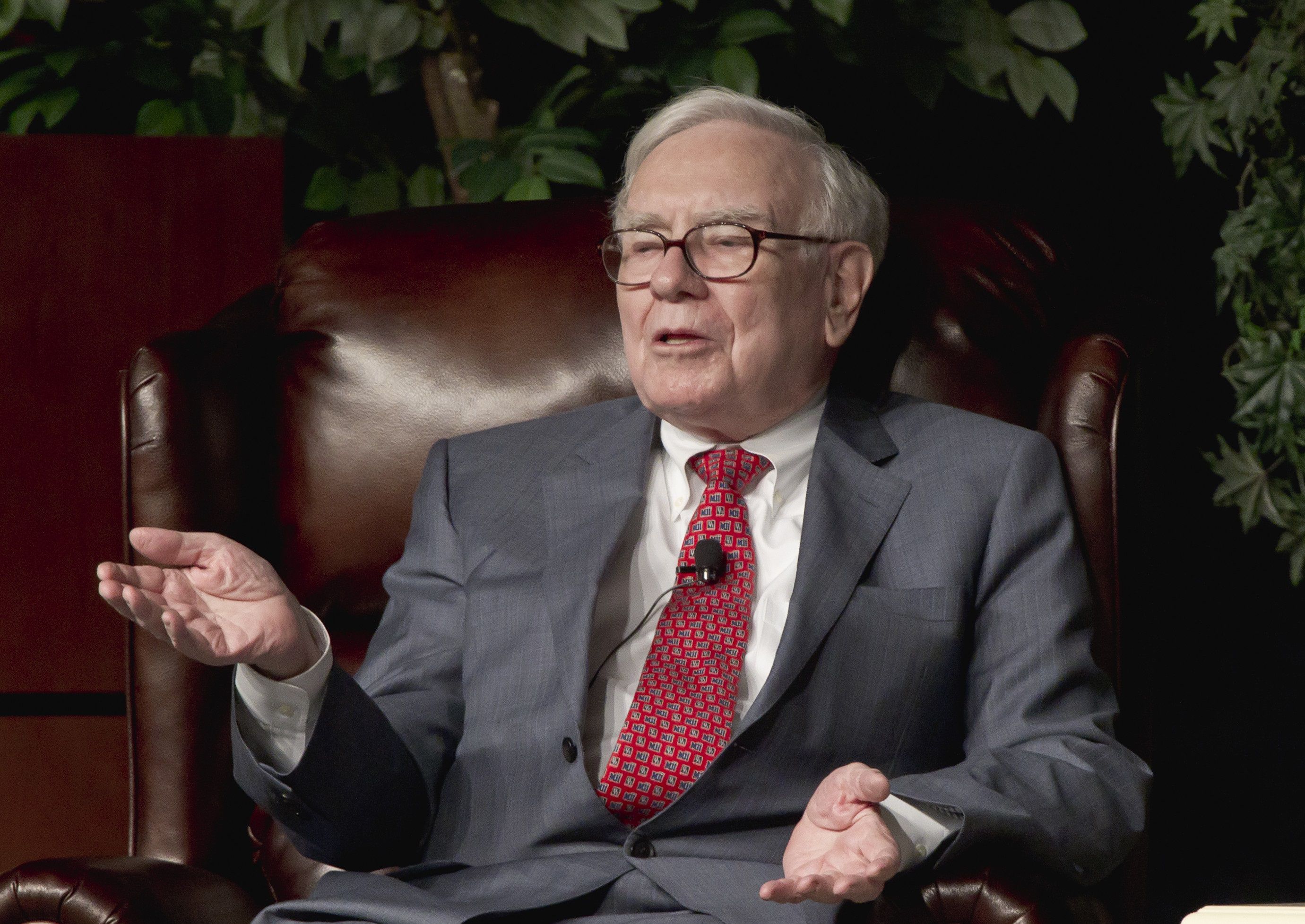[ad_1]
Two of America’s most prominent business leaders are making strong stands in defense of corporate share repurchases, also known as stock buybacks: billionaire investor Warren Buffett, CEO of Berkshire Hathaway Inc. (BRK.A), and Jamie Dimon, CEO of JPMorgan Chase & Co. (JPM), the nation’s largest bank. Both companies have spent heavily on buybacks in recent years.
The catalyst for their public statements is extensive criticism from several contenders for the Democratic Party’s presidential nomination in 2020, along with Senate Minority Leader Chuck Schumer of New York, who have joined a rising chorus that’s attacking stock buybacks. They call it a tool of rich shareholders and greedy corporate executives that damages the economy and hurts ordinary workers. Both Buffett and Dimon generally have favored the Democratic party and Democratic candidates in the past.
Buffett’s View
Here’s a look at what both business leaders have to say on the topic, starting with Buffett, who is regarded as one of the world’s premier stock pickers, and who built Berkshire into a company with a market value of about $500 billion today.
During the fourth quarter of 2018, Berkshire spent $418 million on buybacks. The table below offers some of Buffett’s comments.
What Warren Buffett Says About Buybacks
- “Repurchases will benefit both those shareholders leaving the company and those who stay.”
- “When stock can be bought below a business’s value it probably is its best use of cash.”
- “…Berkshire will be a significant repurchaser of its shares, transactions that will take place at prices above book value but below our estimate of intrinsic value. The math of such purchases is simple: Each transaction makes per-share intrinsic value go up, while per-share book value goes down…”
- “All of our major holdings enjoy excellent economics, and most use a portion of their retained earnings to repurchase their shares. We very much like that: If Charlie and I think an investee’s stock is underpriced, we rejoice when management employs some of its earnings to increase Berkshire’s ownership percentage.”
Dimon’s View
Across the last five years, JPMorgan Chase has bought back 20% of its shares, spending $55 billion in the process, per its 2018 annual report. JPMorgan’s market value today is about $345 billion. Some of Dimon’s comments in his letter to shareholders are in the table below.
What Jamie Dimon Says About Buybacks
- “We believe stock buybacks are an essential part of proper capital allocation.”
- “Buybacks…are an important tool that businesses must have to reallocate excess capital.”
- “Buybacks should not be done at the expense of properly investing in our company.”
Source: JPMorgan Chase 2018 annual report
Dimon says buybacks have added enormous value to JPMorgan and have been “a no-brainer.” He added, also in this year’s annual report, “Seven years ago, we offered an example of this: If we bought back a large block of stock at tangible book value, earnings and tangible book value per share would be substantially higher just four years later than without the buyback.” If the bank were to buy back a big block of its stock this year, Dimon says earnings per share in five years should be 2%–3% higher.
Share repurchases have been a leading source of demand for stocks during the course of the current bull market. Total spending on buybacks is projected to reach $940 billion in 2019, per The Wall Street Journal.
Looking Ahead
Senators Schumer and Bernie Sanders, the latter also a presidential candidate, indicate that they plan to introduce a bill that would require companies to increase employee compensation before they can repurchase shares. Such legislation is unlikely to gain passage today, given opposition by Republications who control the Senate. Also, a veto from President Trump would be almost certain. Passage of major legislation curbing buybacks may require that Democrats control both the Senate and the House, and perhaps the White House.
[ad_2]
Source link Google News

